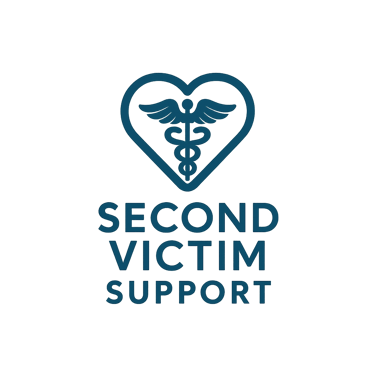5 Myths About Medical Errors That Keep Clinicians Stuck


Medical professionals often carry invisible burdens after a medical error or adverse event. What holds many back from seeking help are the harmful myths they’ve internalized about what these events mean. Left unchallenged, these beliefs can fuel isolation, anxiety, and even despair, undermining both personal well-being and professional performance.
Myth 1: Good clinicians don’t make mistakes.
Reality: Even the most skilled, compassionate clinicians are human. Mistakes happen especially in complex systems under immense pressure. Recognizing this doesn’t diminish your competence; it reinforces a culture of learning over blame.
Myth 2: I have to get over it on my own.
Reality: Healing happens through connection. You don’t have to carry this alone. Support from trusted peers, mentors, or coaches can help you process the experience in healthy, constructive ways.
Myth 3: Talking about it will make things worse.
Reality: Silence feeds shame. Speaking honestly about what happened often lightens the emotional load. Shared experiences create solidarity and that can be deeply healing.
Myth 4: If I’m struggling, I’m unfit to practice.
Reality: Acknowledging your pain isn’t weakness, it’s wisdom. Seeking help shows maturity, insight, and a commitment to your own well-being and the safety of your patients.
Myth 5: No one else feels this way.
Reality: So many clinicians carry similar pain you just may not hear about it. The second victim experience is common, though often hidden behind professional stoicism.
Coaching provides a confidential, judgment-free space to unpack these emotions, challenge harmful beliefs, and find clarity. You are not broken. You are not alone. Reaching out isn’t a failure, it is the first step toward resilience and renewal. Let’s start that conversation.
© 2025. All rights reserved.
Let's Connect
Reach out to begin your journey of healing and recovery.
Contact
support@secondvictimsupport.org
Disclaimer: Coaching is not a substitute for therapy or medical advice.
